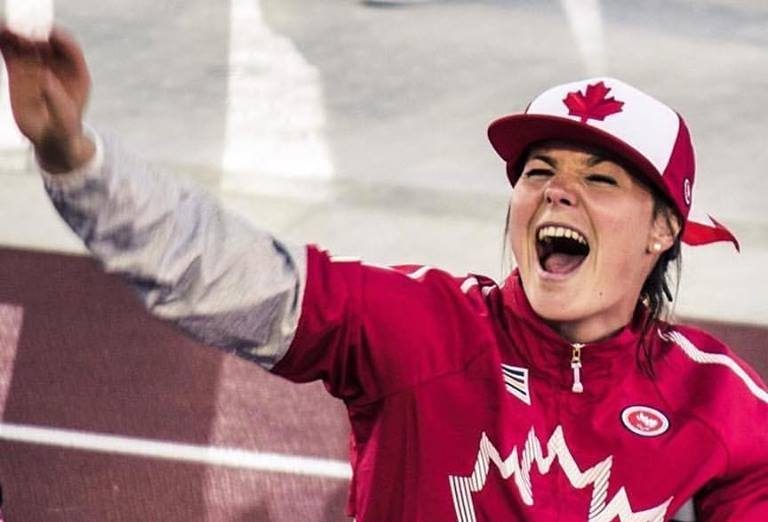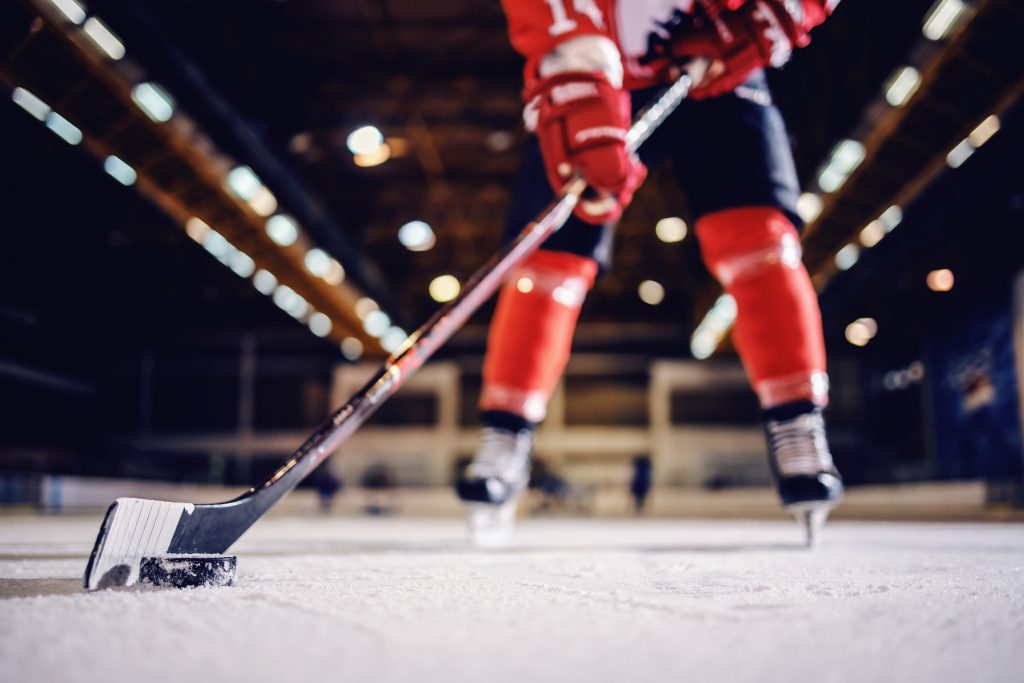National School Safety Week
This year, National School Safety Week (October 17-23) emphasizes the importance of being safe in the digital age. With school, sport training, and connecting with friends moving online, youth could be exposed to threats that include harmful content, viruses and ransomware, and cyberbullying. Keep your kids safe with open communication, a trusting relationship, and by…
Healthy Behaviours During COVID-19
The COVID-19 outbreak has had a significant impact on the movement and play behaviours of Canadian children and youth. Researchers found that during restrictions, less than 5% of children and 0.6% of youth met recommended activity guidelines, and spent less time outside and more time in front of a screen. However, homes with greater parental…
Performing in a Pandemic: The Resilience and Leadership of Canadian Athletes

This article is the first in a special series that explores how Canadian sport leaders are adapting and innovating to safeguard the well-being of athletes preparing for the Tokyo Olympic and Paralympic Games and other major games during a global pandemic. Read the second article here. Following the previously unthinkable decision by the International Olympic…
Return to Play Plans
“We made it clear that compliance with public health guidelines was non-negotiable. But we realized that there were tonnes of things that were negotiable – class times, set up, the streamlining of intake processes – where we could be innovative and create the best experience for our members.” Stuart McReynolds, President & CEO of the…
Return to Contact Sports
Researchers from the University of Bath warn there may be an increased risk of injury for athletes returning to contact sports after prolonged training restrictions due to the COVID-19 pandemic. Drawing on parallels from the 2011 National Football League 20-week lockout where frequent injuries were observed after returning to competition, the researchers recommend building individualized…
Returning to Play…Better

When the initial shock of the COVID-19 lockdown passed, the attention of our sector turned to contemplating what sport and physical activity would look like in an era of public health restrictions. The development and implementation of return to play plans, driven by a commitment to sport organizations’ members and the practicality of long-term sustainability,…
Evidence-Based Return to Play
The development and implementation of return to play plans requires community sport organizations to confront a number of complex challenges. A new commentary in Managing Sport and Leisure reviews the literature to help community sport organizations tap into the evidence on issues relating to assessing and building capacity, embracing innovation, and adapting top-down policy directives…
Virtual Stadium
With mass gatherings prohibited, sport leagues are getting creative to engage their fans. The Canadian Premier League unveiled Canada’s first virtual stadium for a professional sporting competition at the 2020 CPL Island Games in Charlottetown, Prince Edward Island, which kicked off mid-August. The technology uses augmented reality to create a mix of virtual and real…
Tour de France Health Protocols
The Tour de France starts August 29th, featuring 3,470km of racing over 23 days. To keep athletes and fans safe, all French bike races have adopted a policy whereby “2020” stands for keeping 2 metres away from the riders at all time; asking for 0 autographs; remembering 2 vital habits – to use hand sanitizer…
COVID-19 Cancellations
“Taking the time to meet with partners and engage them in the decision-making helped ensure they were on board to support the necessary short-term actions, but also long-term plans for rescheduling and return to play.” Mark Eckert, CEO of Volleyball Canada, talks about the importance of communication and other lessons learned from the cancellation of…